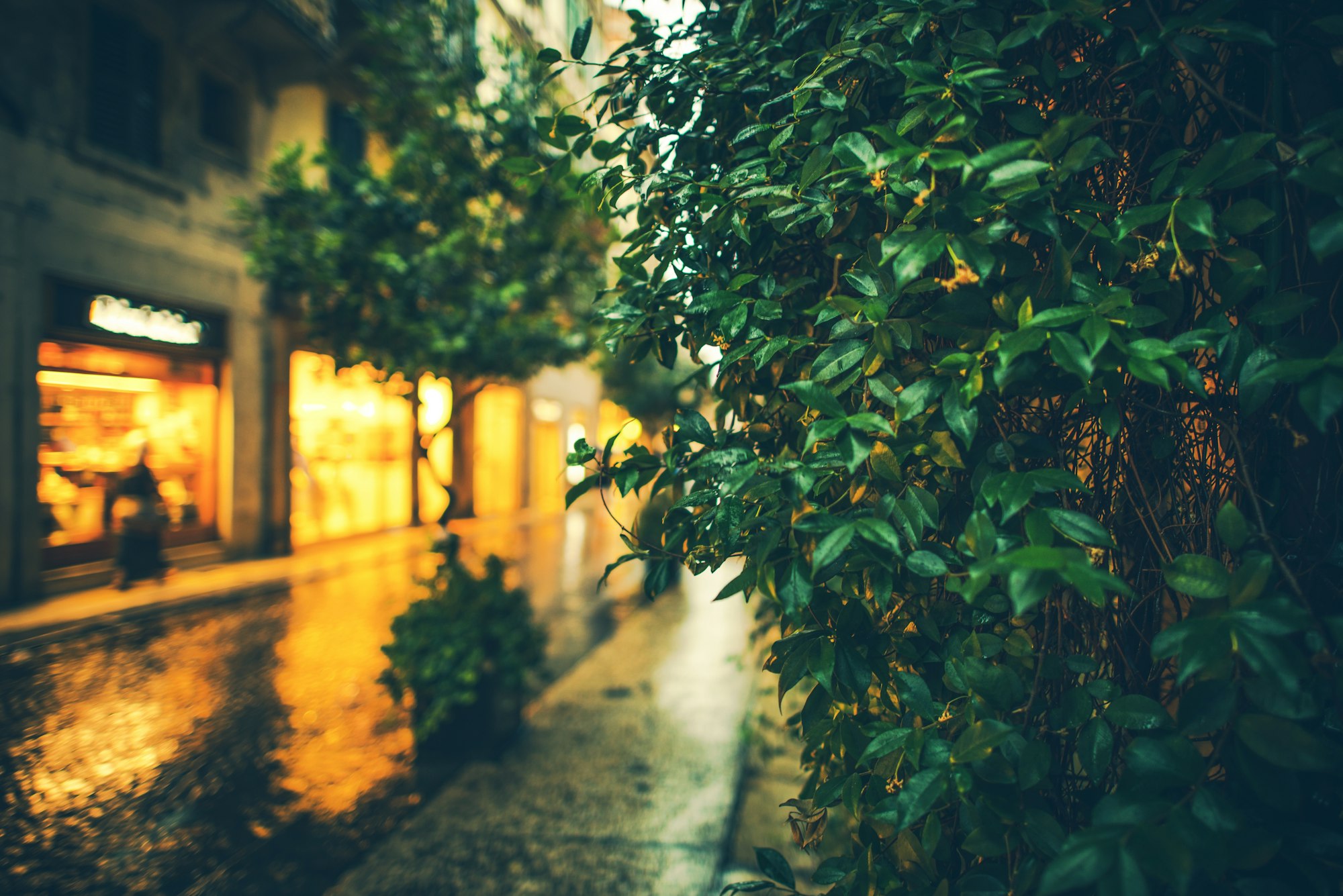In the bustling concrete jungles of cities, urban green spaces serve as vital oases of nature, offering a myriad of benefits to residents and communities. From providing opportunities for recreation and relaxation to improving air quality and fostering biodiversity, these green havens play a crucial role in enhancing the quality of life and well-being of urban dwellers. In this guide, we’ll explore the importance of urban green spaces and the numerous ways in which they contribute to creating healthier, happier, and more sustainable cities.
1. Enhancing Physical and Mental Health
Urban green spaces provide valuable opportunities for physical activity, relaxation, and stress reduction, which are essential for maintaining both physical and mental health. Access to parks, gardens, and green corridors encourages people to engage in outdoor activities such as walking, jogging, cycling, and picnicking, promoting exercise and active lifestyles. Spending time in nature has been shown to reduce stress, anxiety, and depression, improve mood and cognitive function, and enhance overall well-being.
2. Improving Air Quality and Mitigating Climate Change
Trees, plants, and green infrastructure in urban areas help improve air quality by filtering pollutants, absorbing carbon dioxide, and producing oxygen. Urban green spaces act as natural air purifiers, reducing the concentration of harmful pollutants such as particulate matter, nitrogen dioxide, and ozone in the air. Additionally, trees and vegetation provide shade, which helps lower temperatures and reduce the urban heat island effect, mitigating the impacts of climate change and improving the livability of cities.
3. Fostering Biodiversity and Ecosystem Services
Urban green spaces support a diverse range of plant and animal species, providing important habitats, food sources, and corridors for wildlife in urban environments. Parks, gardens, and green roofs create interconnected green networks that support biodiversity and ecological resilience in cities. Additionally, urban green spaces provide essential ecosystem services such as pollination, soil stabilization, and water filtration, contributing to the health and functioning of urban ecosystems.
4. Promoting Social Connection and Community Cohesion
Green spaces serve as gathering places and social hubs where people from diverse backgrounds can come together, connect with nature, and build community bonds. Parks, playgrounds, and community gardens offer opportunities for social interaction, recreation, and cultural activities, fostering a sense of belonging and social cohesion among residents. Access to green spaces promotes social equity and inclusivity, ensuring that everyone, regardless of socioeconomic status or background, can benefit from the benefits of nature in cities.
5. Enhancing Urban Aesthetics and Property Values
Urban green spaces contribute to the aesthetic appeal and visual beauty of cities, enhancing the urban landscape and creating visually pleasing environments for residents and visitors alike. Well-designed parks, plazas, and green corridors add color, texture, and vibrancy to urban areas, making cities more attractive and livable. Additionally, proximity to green spaces has been shown to increase property values and attract investment, benefiting both residents and local economies.
Conclusion
Urban green spaces are essential components of sustainable and livable cities, providing a host of benefits to residents, communities, and the environment. From promoting physical and mental health to improving air quality, fostering biodiversity, and enhancing social connection and community cohesion, these green oases play a crucial role in creating healthier, happier, and more resilient cities. As cities continue to grow and evolve, it is essential to prioritize the preservation and expansion of urban green spaces, ensuring that everyone has access to nature’s gifts in the heart of the city.










